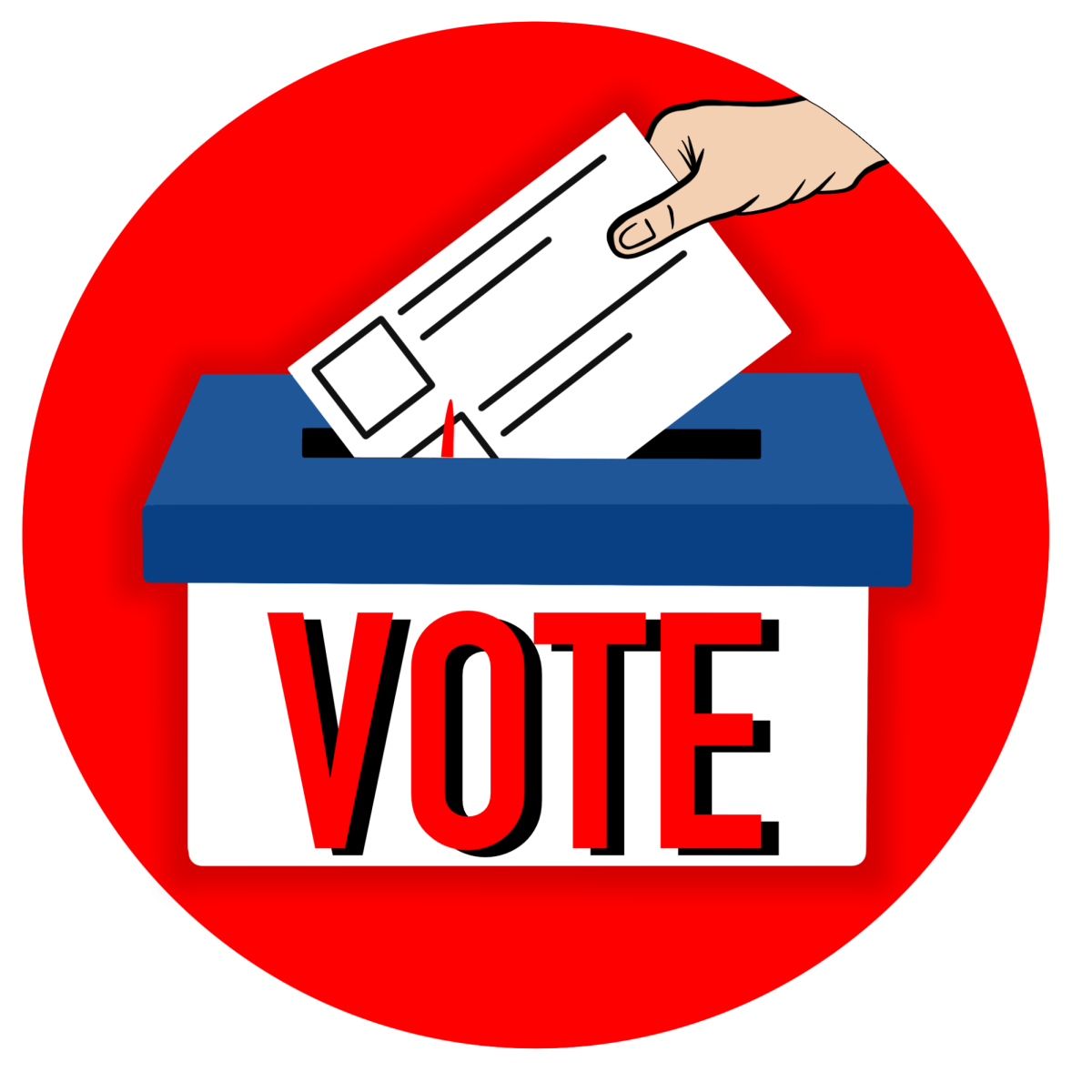Jaswanth Kintada, Treasurer of UTSA Student Government Association (SGA), is currently leading the campaign for a Public Service Announcement (PSA) about e-cigarettes. The objective of the PSA is to inform students on the effects of tobacco products, as well as keep UTSA a tobacco-free campus.
UTSA has been smoke and tobacco free since June 1 2014, and prohibits the use of any tobacco products. E-cigarettes, or e-cigs, are on the list of tobacco products that are banned on campus. However, a February 2016 article from Consumer Reports notes that e-cigs neither contain nor emit tobacco. While e-liquids do not contain tobacco, they do contain a chemical called propylene glycol, that is mixed with the addictive substance nicotine.
E-cigs have grown in popularity due to their stylish look and the gamut of flavors available. The National Cancer Institute estimates that “more than 7,000 have been catalogued, ranging from bacon to peanut butter chocolate,” which creates concern that e-cigs are made to appeal to young adults.
The main objective of the tobacco-free campus policy is to lower the rate of college students smoking cigarettes and consuming other tobacco related products. Kintada’s objective is to educate students on actual tobacco products and risks.
Although there is no tobacco in e-liquids, the purpose of the PSA, in practice, is to warn against the addictive qualities of compounds in e-cigs.
“(Students) do not take in account they are still smoking nicotine components within the product,” said Kintada.
“E-cigs are easier to use and have a better taste than cigarettes,” stated senior Craig Orrell J.R. “They help me wean off of cigarettes and make me feel a lot better.”
Various entities ranging from the National Institute of Health (NIH) to the United States Surgeon General have sought to determine if there is a definitive link between vaping with e-cigs and their effect or influence on cigarette smoking. As of yet, most results remain inconclusive.
However, e-cigs are not yet approved by the Food and Drug Administration (FDA).
SGA will continue to research the effects of e-cigs, and their PSA should be ready for release some time in May.
Other organizations on campus including Active Minds, Public Health Student Association, Student Health Services, UTSA Dining Services, Pre-Med Club and the Psychology Club have also been involved in spreading awareness of tobacco products and the possible effects of e-cigs.
Despite this current campaign, there have yet to be any citations for violating UTSA’s tobacco-free and smoke-free policy.








